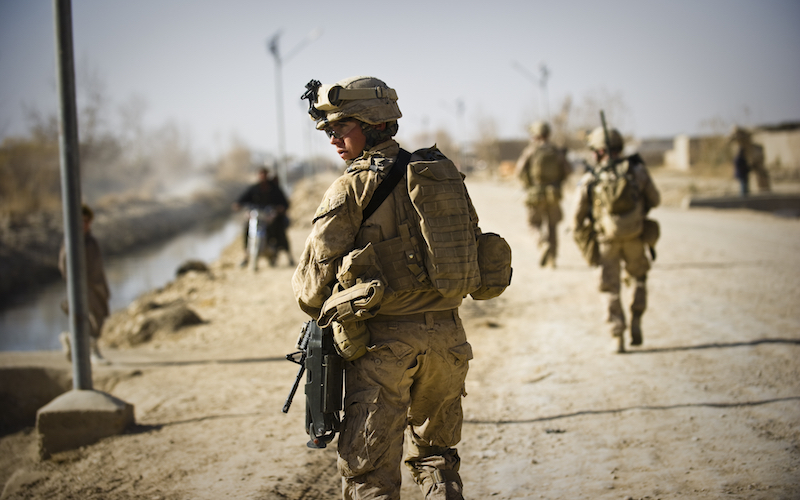
Why the American Mission Stalled in Afghanistan
The apologists of the War on Terror would certainly find it difficult to dismiss the contention that the US had ulterior objectives apart from taking on terrorism, a national security threat to America post-9/11. There are pertinent, logical questions which strengthen such contentions. First, why the American response was disproportionate to the 9/11 attacks in so far as it waged a war against Afghanistan instead of applying legitimate methods to capture a group of individuals who masterminded the act. Second, why did the self-claimed votary of the UN violate article 2 of the UN Charter which prohibits change of regime in a country by external actors defying sovereignty and territorial integrity? The article prohibits the use of or threatened use of force against another state. The War on Terror aimed at toppling the Afghan regime led by the Taliban which refused to hand over Osama bin Laden, the culprit of the 9/11 US terrorist attack.
Post-9/11, the US received sympathy from almost all countries of the world but instead of capitalizing on those positive feelings to isolate bin Laden and his aides, the US reacted to the occasion in a knee-jerk military fashion. A peace process among the Afghans was discussed in early December 2001 which was repudiated by the Americans.
The US appeared more interested in waging a war to eliminate the enemy than building a peaceful and democratic Afghanistan. The US resorted predominantly to air power in order to limit casualties on its army regardless of the fact that this led to increased civilian deaths. The American reliance on Afghan warlords militated against the idea of a peaceful and democratic Afghanistan for the simple reason that warlords practiced no less violence than the Taliban.
Americans were least interested in getting involved in the nation-building process in Afghanistan and confined their activity to a high-technologically driven military role while the International Security Assistance Force (ISAF) mission was assigned the task of post-conflict stabilization and reconstruction. The statistics point to the fact that the US spent many times more on military operations in Afghanistan than it did on reconstruction, humanitarian aid, economic assistance and the training of Afghan security forces combined. Adoption of a top down approach to ensure security and socio-economic development in Afghanistan further strengthens the belief that building a strong Afghanistan was not one of the American objectives. Actually, there were hardly any efforts to engage Afghanistan’s tribes, sub-tribes, clans, and other local institutions in the overall Afghan reconstruction process. The ulterior objectives that America pursued are largely responsible for its stalled mission in Afghanistan.

